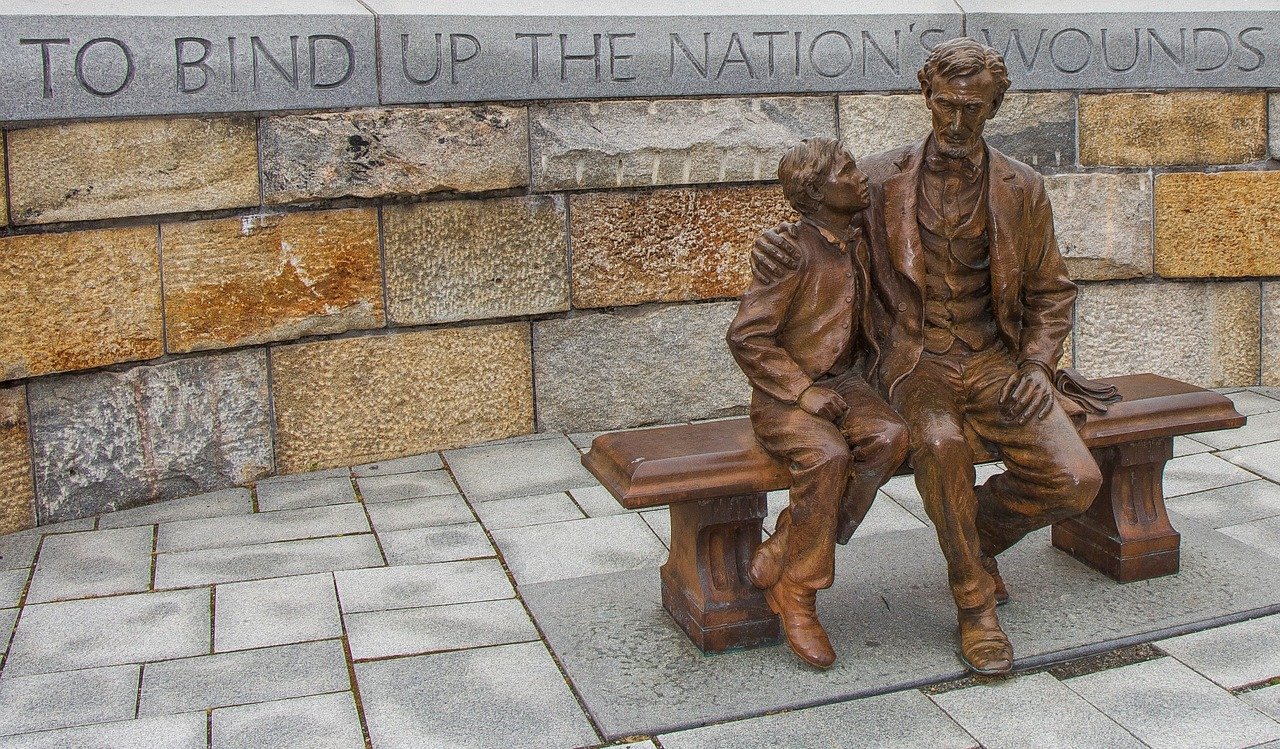Welcome to New Millennials: The Philosopher King Movement
We are at the edge of a new epoch and it’s time to Be Better.
At the heart of this movement is a rebirth of an ancient truth: the Philosopher King. Rooted in the wisdom of Plato’s Republic, the philosopher king was the ideal leader one who ruled not for power, but for purpose. A guide. A guardian. A thinker and a doer, who could shepherd society toward its highest potential.
Today, that ancient ideal is being reimagined for modern America.
We are New Millennials. We’re done waiting.
Our work begins by challenging the very foundations of our broken system. Not with chaos. Not with conformity. But with courage, intelligence, and integrity.
Our Core Initiatives
Rewriting the Constitution for the 21st Century
We explore what it would mean to update America’s most sacred document not to erase the past, but to evolve it. We seek a living Constitution that reflects today’s values, technologies, and challenges, with accountability and equity at its core.
Revitalizing the Green New Deal
The original vision lacked implementation. We’re putting forward a bold, realistic strategy a Real Green Deal built around hydrogen, helium-3, solar infrastructure, and a decentralized, American-made energy grid. It’s not about carbon guilt it’s about economic opportunity and national security.
Reforming the Education System
Our school system is outdated, rigid, and geographically biased. We’re designing a performance-based, open-source national education model one that nurtures critical thinking, promotes trades and tech, and protects students’ well-being above all else.
There is still beauty in this world. Can you see it

The idea of a “Church of Science” suggests a fusion of scientific principles and community. While science is a method for understanding the natural world, some seek a communal, purpose-driven experience similar to religious practice. A “Church of Science” could offer a space for individuals valuing science to gather, promoting scientific literacy and critical thinking. However, it’s essential to note that science addresses natural phenomena, not spirituality or ethics. Therefore, such a church would need to maintain a clear boundary, ensuring it enhances scientific understanding without infringing on matters outside its domain.
No one is more hated then he who speaks the truth
Plato
Powered by the People. Funded by the Future.
We’re not waiting for approval from the old guard. We’ve launched a multi-platform ecosystem to bring our message to the people:
- Patreon – Get exclusive content, behind-the-scenes videos, and deep dives you won’t find anywhere else
- YouTube – Weekly breakdowns, speeches, and interviews to educate and inspire
- Facebook – Community engagement, updates, and live conversations
- GoFundMe – Help us open our first political infrastructure office and bring real change to life
- Amazon – Grab your copy of New Millennials: America Evolved and own the blueprint for the future
This is more than a movement. It’s a reckoning.
We reject extremism. We reject stagnation.
We choose reason, evolution, and hope.Let’s build a future our children don’t have to escape from.
Let’s raise a new generation of leaders.
Let’s stop waiting and start leading.
Tired of the same broken system? So are we.
New Millennials is building something different—real reform, real infrastructure, and a future powered by Main Character Energy.
We’re raising funds to launch our HQ, expand outreach, and deliver content that challenges both parties and inspires real solutions.
Don’t just complain. Contribute.
Be part of the reset.
To join the conversation and explore further, follow the link to view all membership options. There’s even a free membership available, allowing you to access older podcasts and delve into past discussions. Join us in shaping a brighter future through informed dialogue and shared perspectives. Together, we can bridge the divide and move towards a more united America.
Patreon📖 *New Millennials: America Evolved*
The book that started the movement.
Truth, power, reform—and the blueprint for America’s next chapter.
🛒 Rock the Philosopher King Look
From bold tees to mugs that speak truth, the Philosopher King Collection lets you wear the movement. Tap into Main Character Energy and show the world that wisdom still leads.
🛍️ Shop Philosopher King Swag

